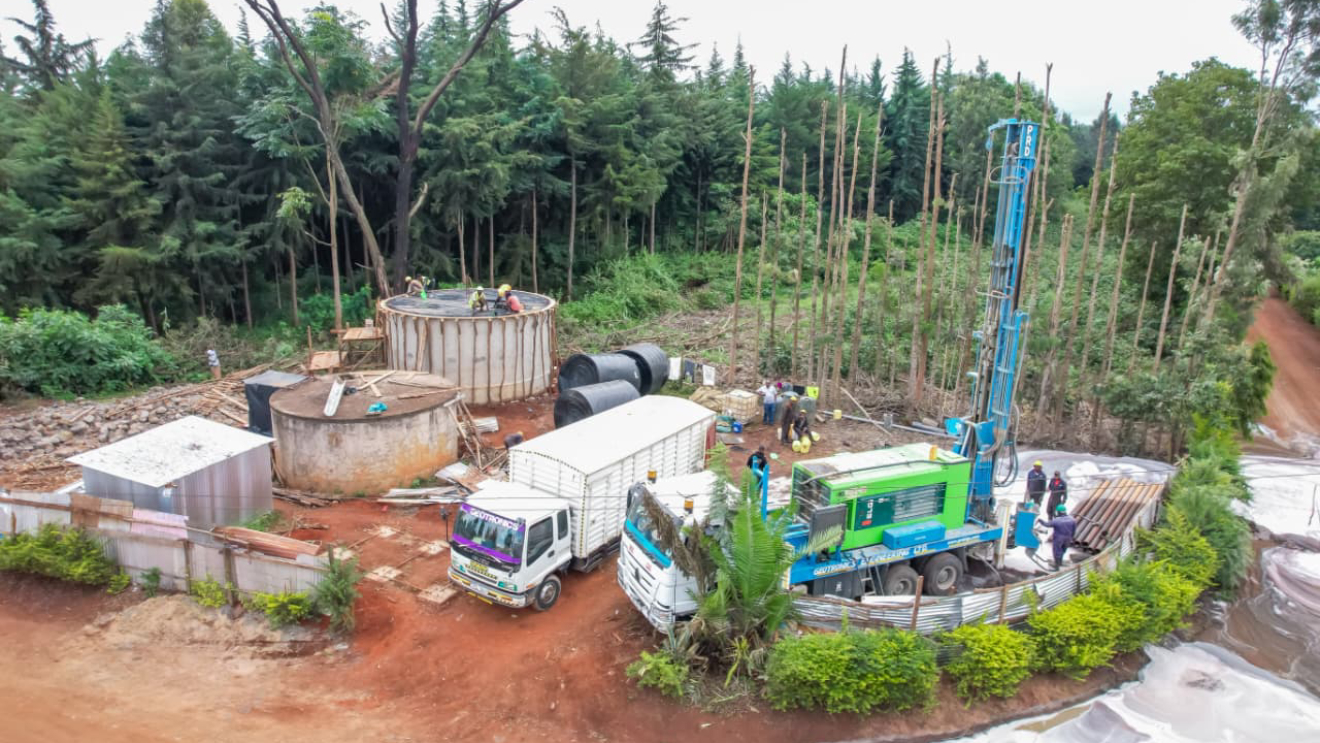The government's attempt to boost revenue collection through a new Value Added Tax (VAT) on financial transactions is facing resistance from the Kenya Bankers Association (KBA).
The proposed 16 per cent levy within the Finance Bill 2024, has the industry worried about a potential rise in banking costs, impacting financial inclusion and economic growth.
"The Kenya Bankers Association (KBA) urges the Government and the National Assembly to reconsider the proposed imposition of 16 per cent Value Added Tax (VAT) on financial transactions outlined in the Finance Bill, 2024," KBA stated in a statement.
Traditionally, bank charges haven't been subject to VAT as they're seen as cost-recovery mechanisms, not direct payments for goods or services.
The association emphasizes this established principle, stating: "Since banks are not delivering any goods to customers, bank charges are not considered VATable."
Read More
The proposed VAT targets a wide range of financial services, including credit and debit card issuance, money transfers, foreign exchange transactions, and cheque handling.
The KBA warns that this could disproportionately affect low-income individuals and small businesses, jeopardizing Kenya's financial inclusion goals.
With the addition of VAT, the total tax burden on financial services would rise from the current 15 per cent (excise duty) to a significant 40 per cent, raising concerns about affordability and accessibility.
The KBA is particularly worried about the VAT on foreign exchange transactions.
KBA expresses particular concern regarding the VAT on foreign exchange transactions. The association warns that this will "widen the margin charged on FX transactions," posing risks to economic growth by taxing export proceeds and reducing the competitiveness of Kenyan products.
The KBA warns that this tax could:
• Discourage exports by taxing export proceeds.
• Reduce the competitiveness of Kenyan products in the global market.
• Disincentivize foreign investment.
• Hinder the recovery of the tourism industry.
• Threaten the stability of Kenya's foreign currency reserves.
• Undermine efforts to strengthen the Kenyan shilling.
• Increase costs across various sectors, potentially including fuel prices, potentially reversing progress on stabilizing the cost of living.
While acknowledging the government's need for improved revenue collection, the KBA emphasizes the importance of a balanced approach to taxation.
They advocate for a tax strategy that supports public services and economic development without unduly burdening customers or jeopardizing well-established banking principles.
The KBA is calling for collaboration as they urge the government and National Assembly to engage in dialogue with the private sector and the banking industry.
They believe that by working together, they can identify viable alternative revenue-raising measures that promote economic growth and financial stability.
The KBA also advocates for the inclusion of the financial industry in efforts to create a conducive environment for sustainable economic prosperity in Kenya.
"In this spirit, we call upon the Government and the National Assembly to engage the private sector and the banking industry offers to discuss with Government and the National Assembly on the viable alternative revenue-raising measures that will promote economic growth and financial stability for our country," the association urged.
The KBA's stance highlights a potential clash between government revenue needs and the need for a healthy and accessible financial sector in Kenya.
Whether the government considers alternative revenue sources or revises the proposed VAT structure remains to be seen.












